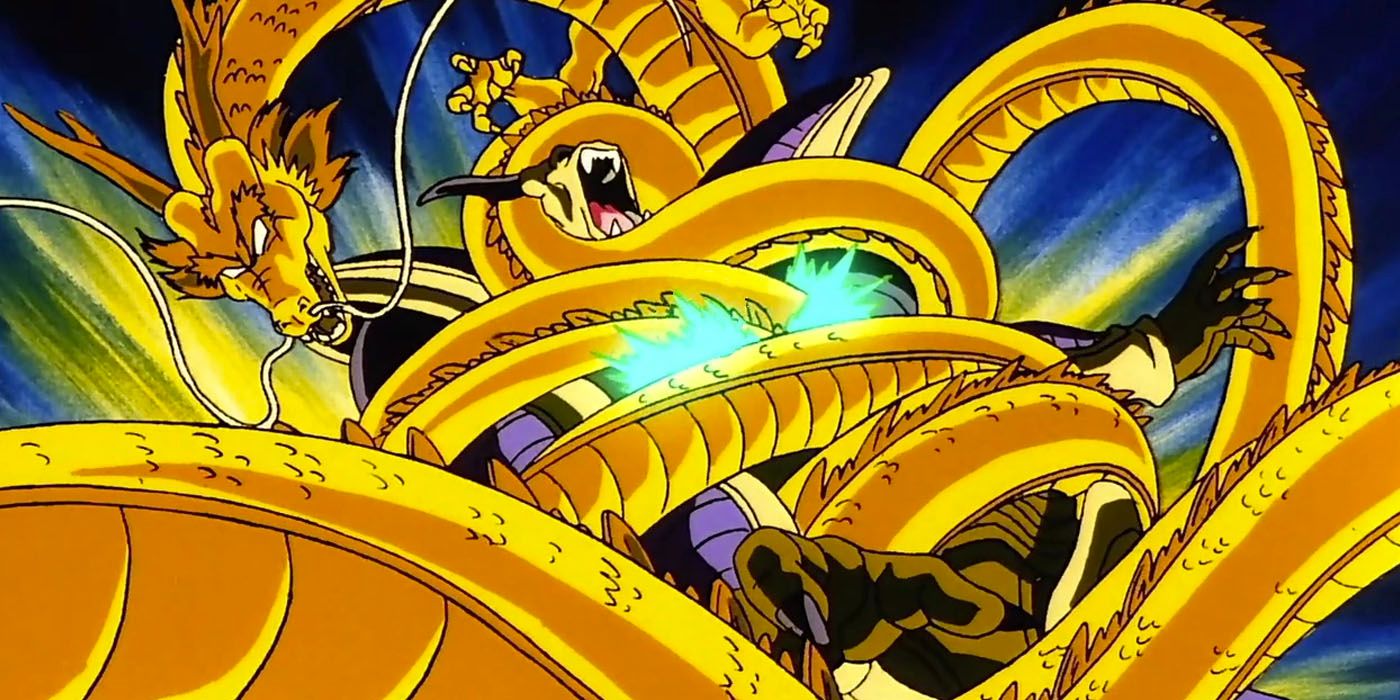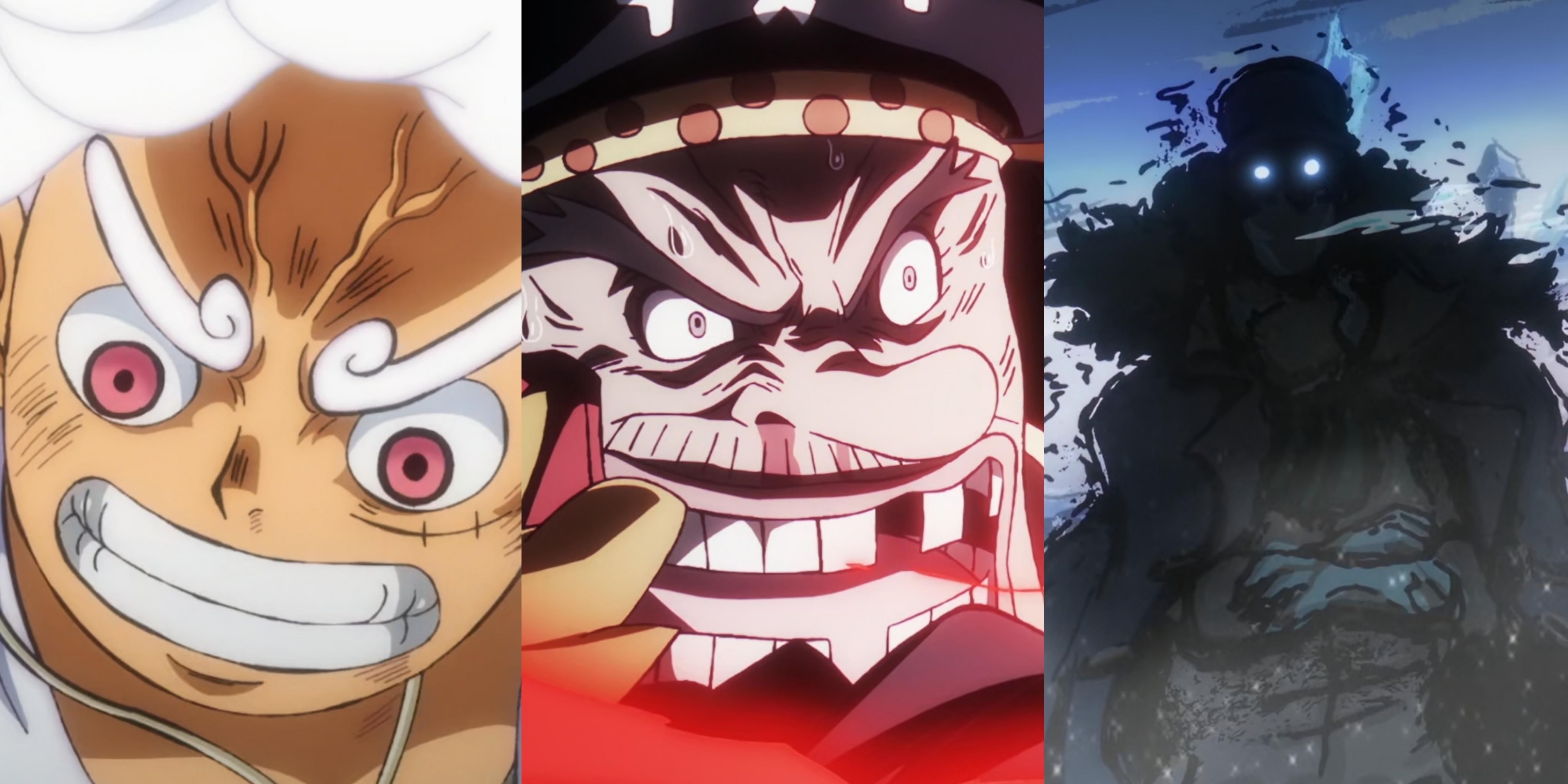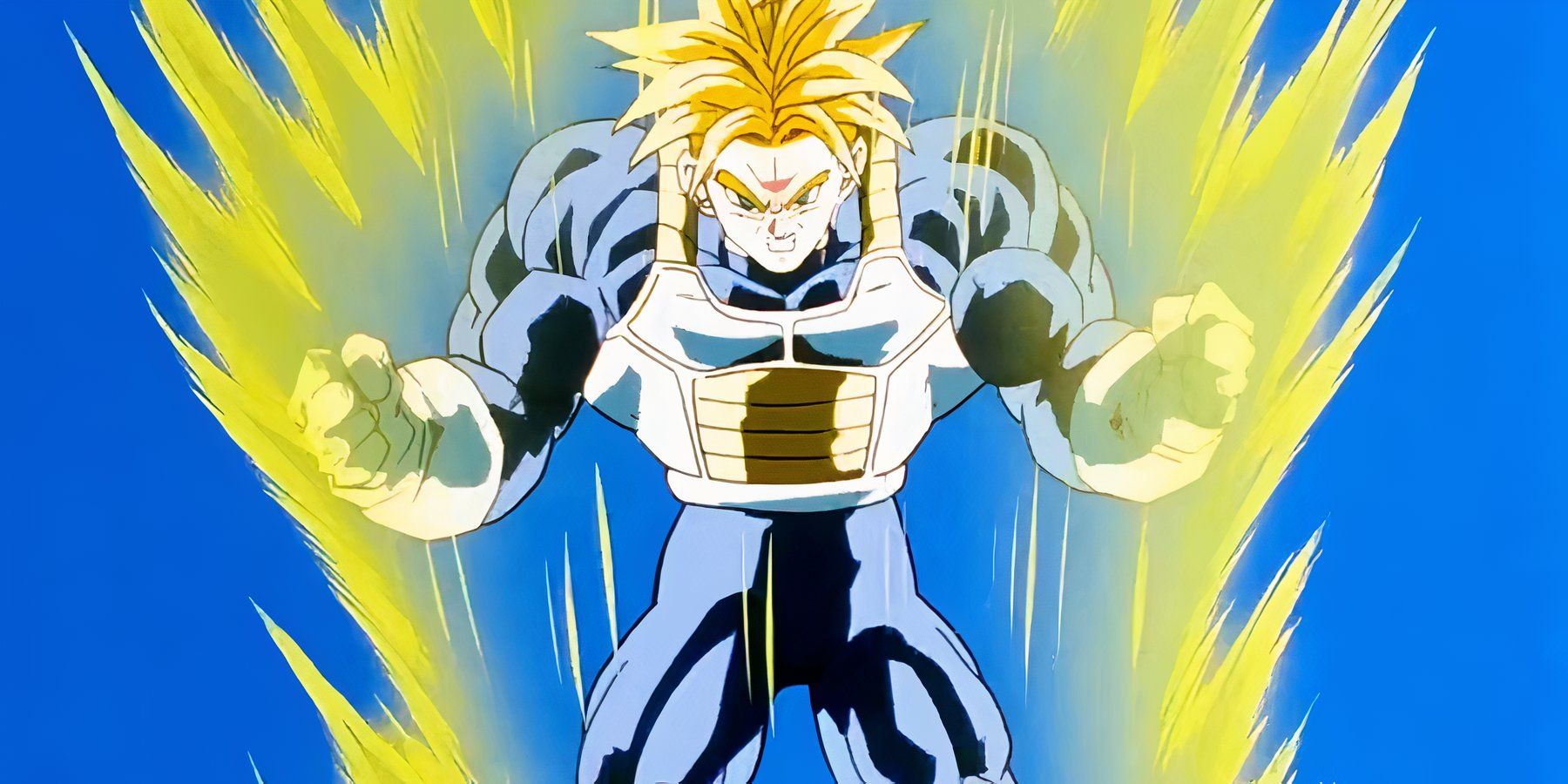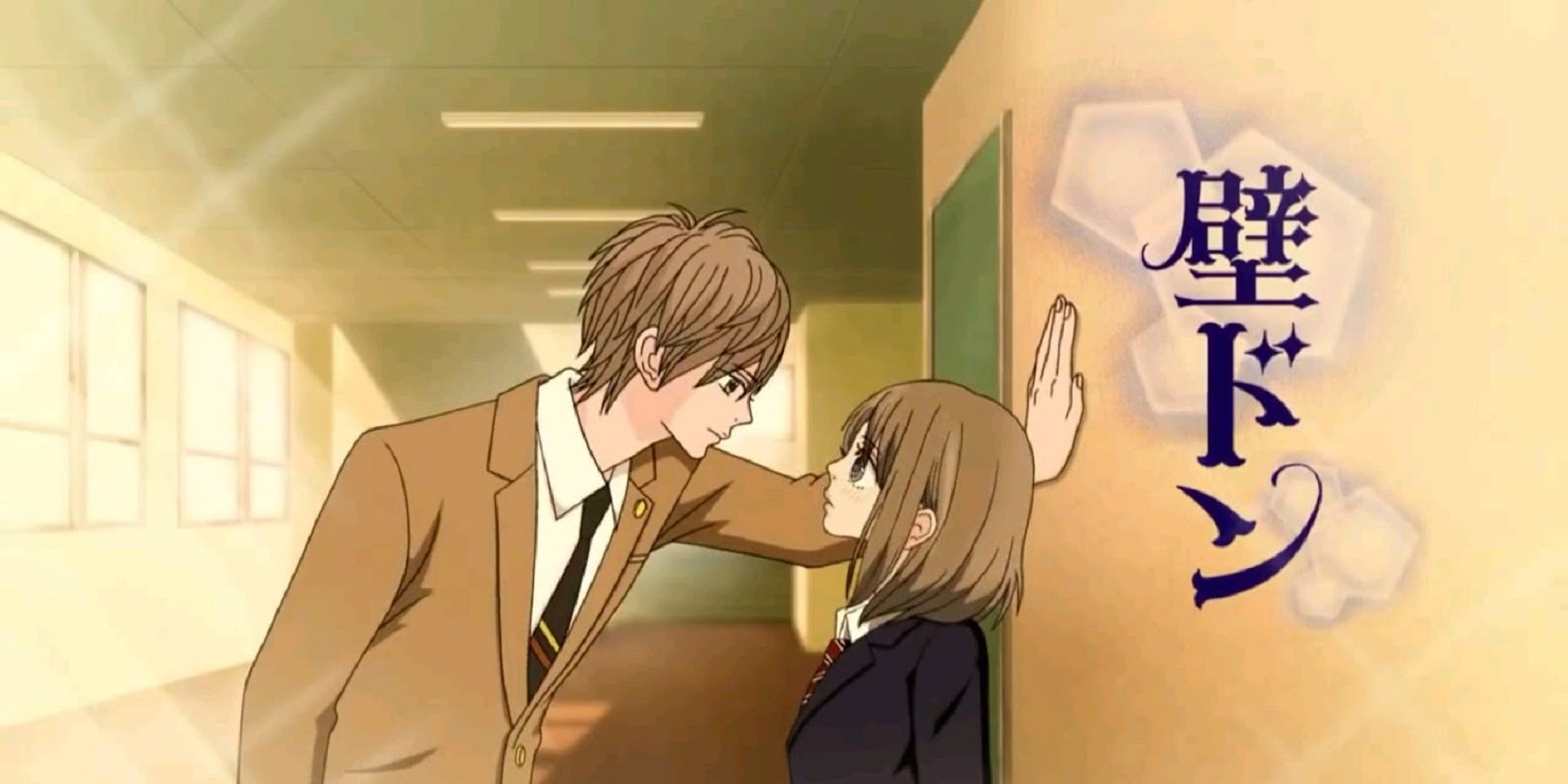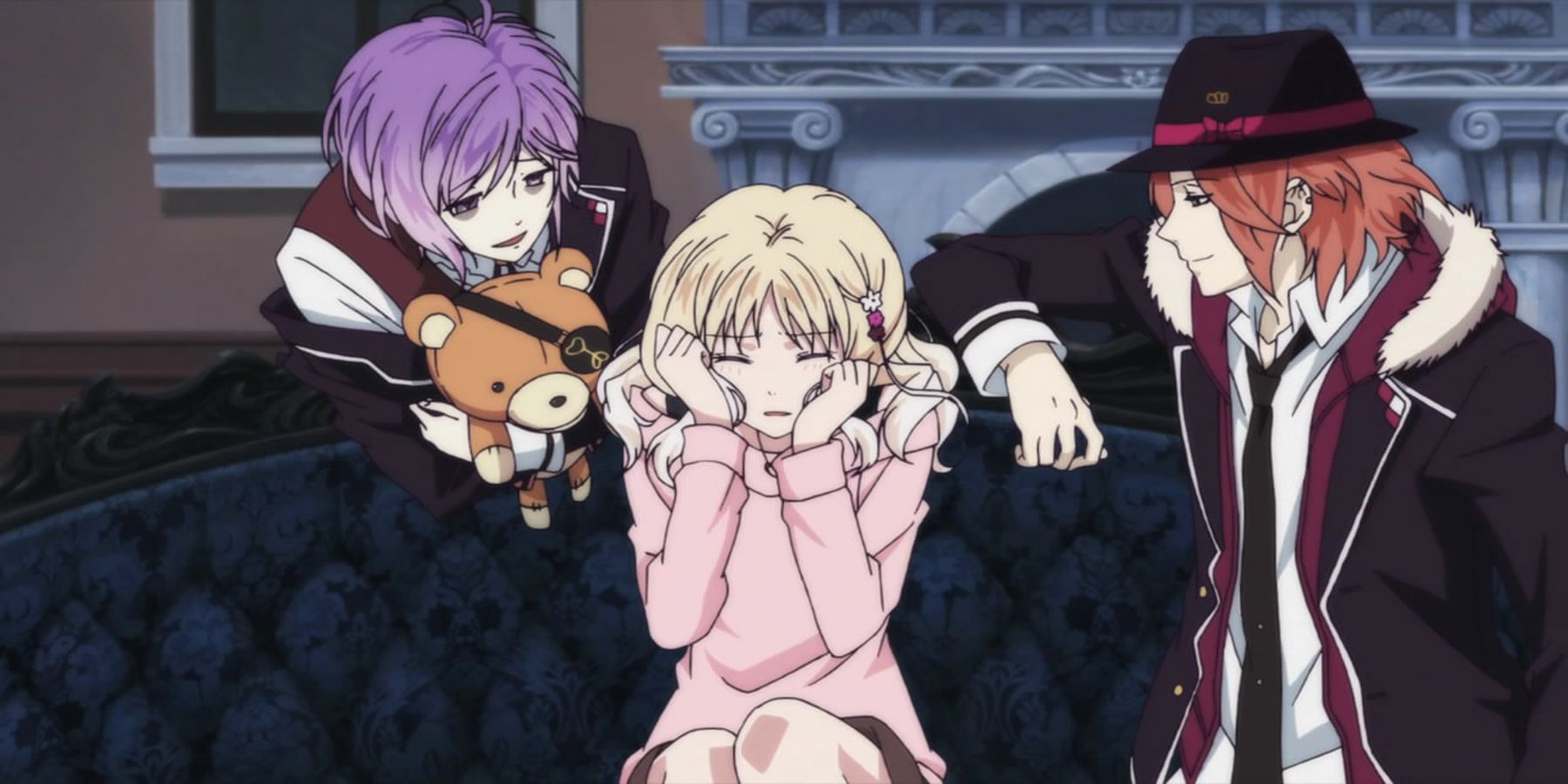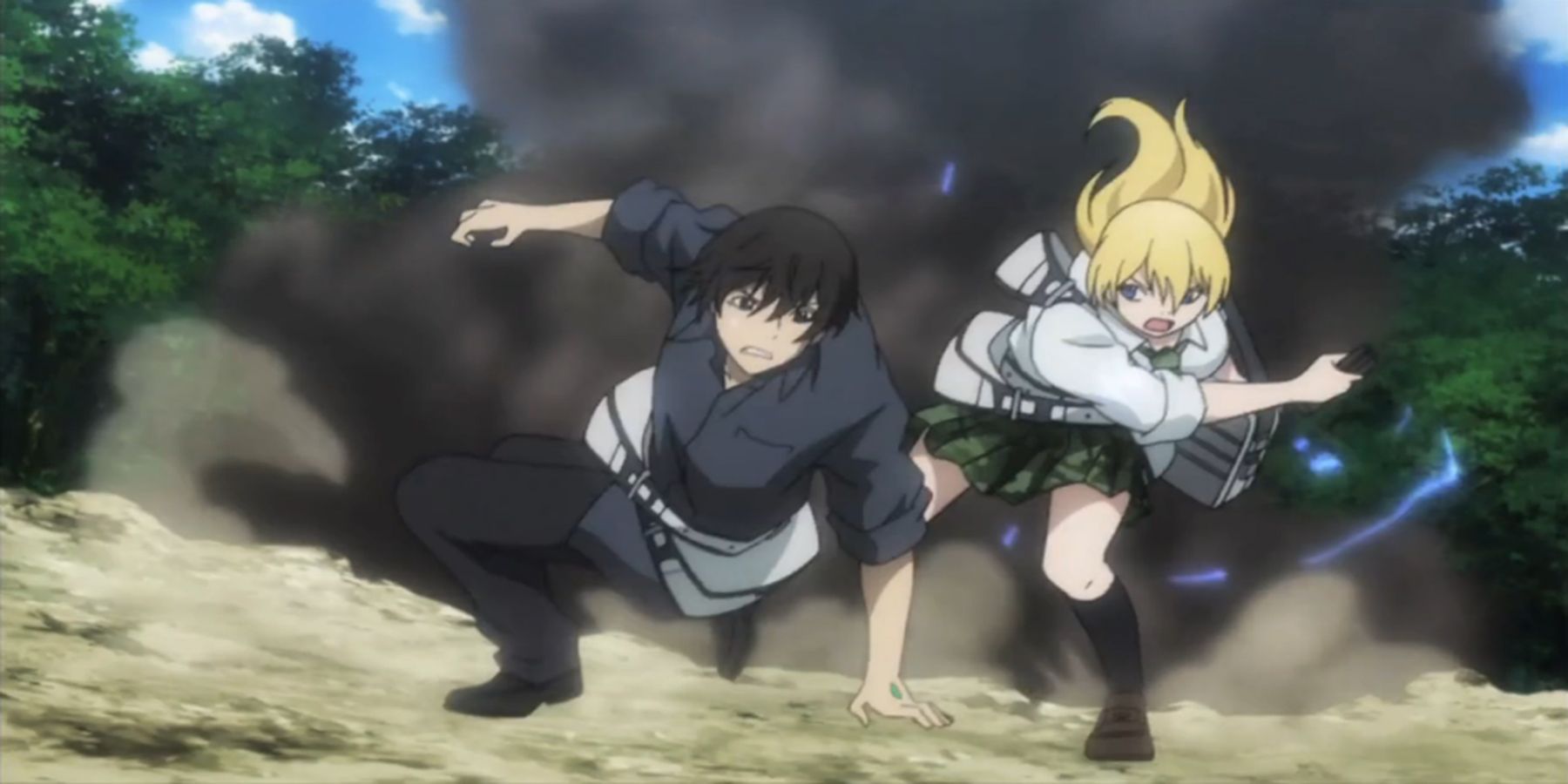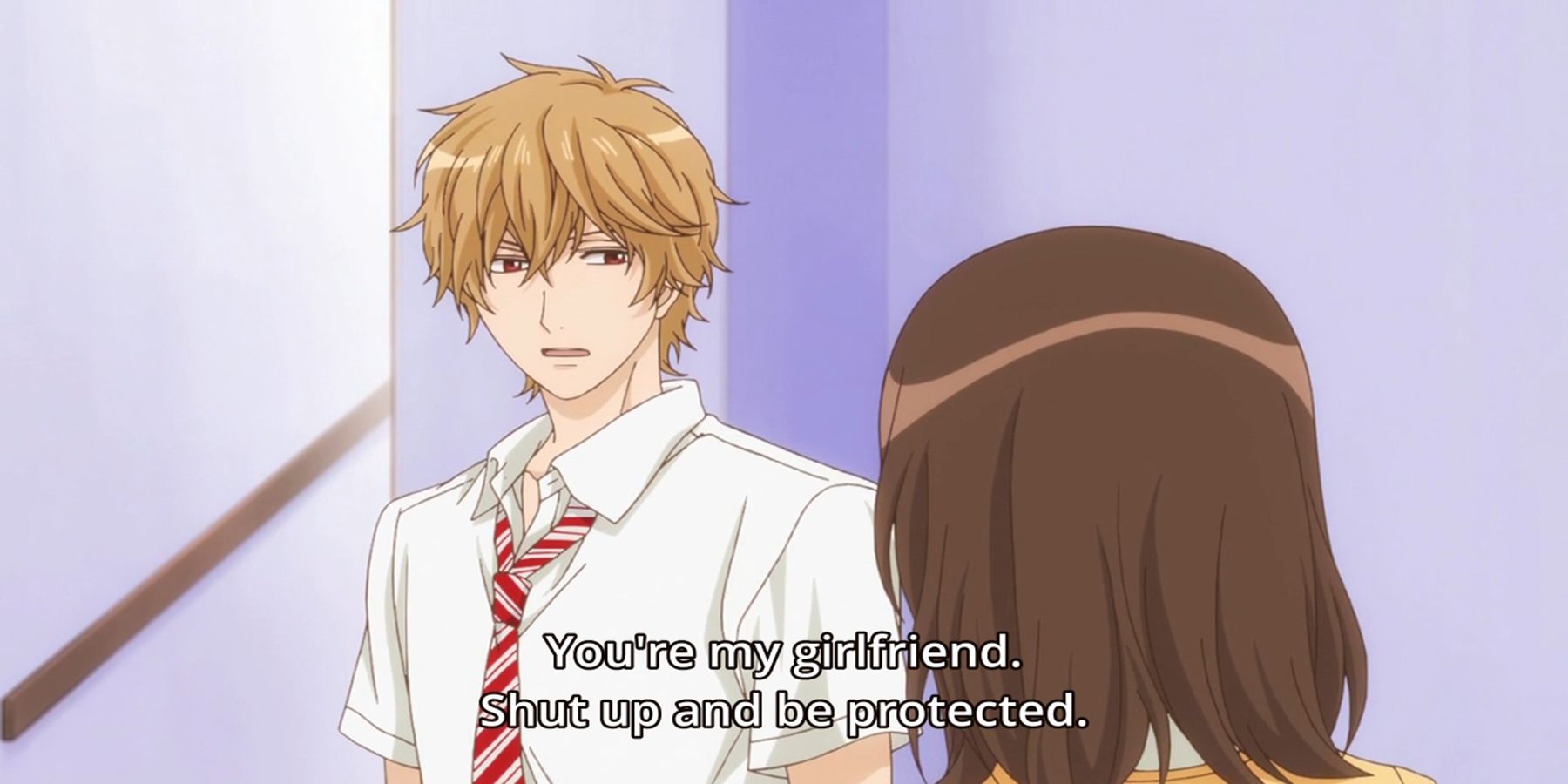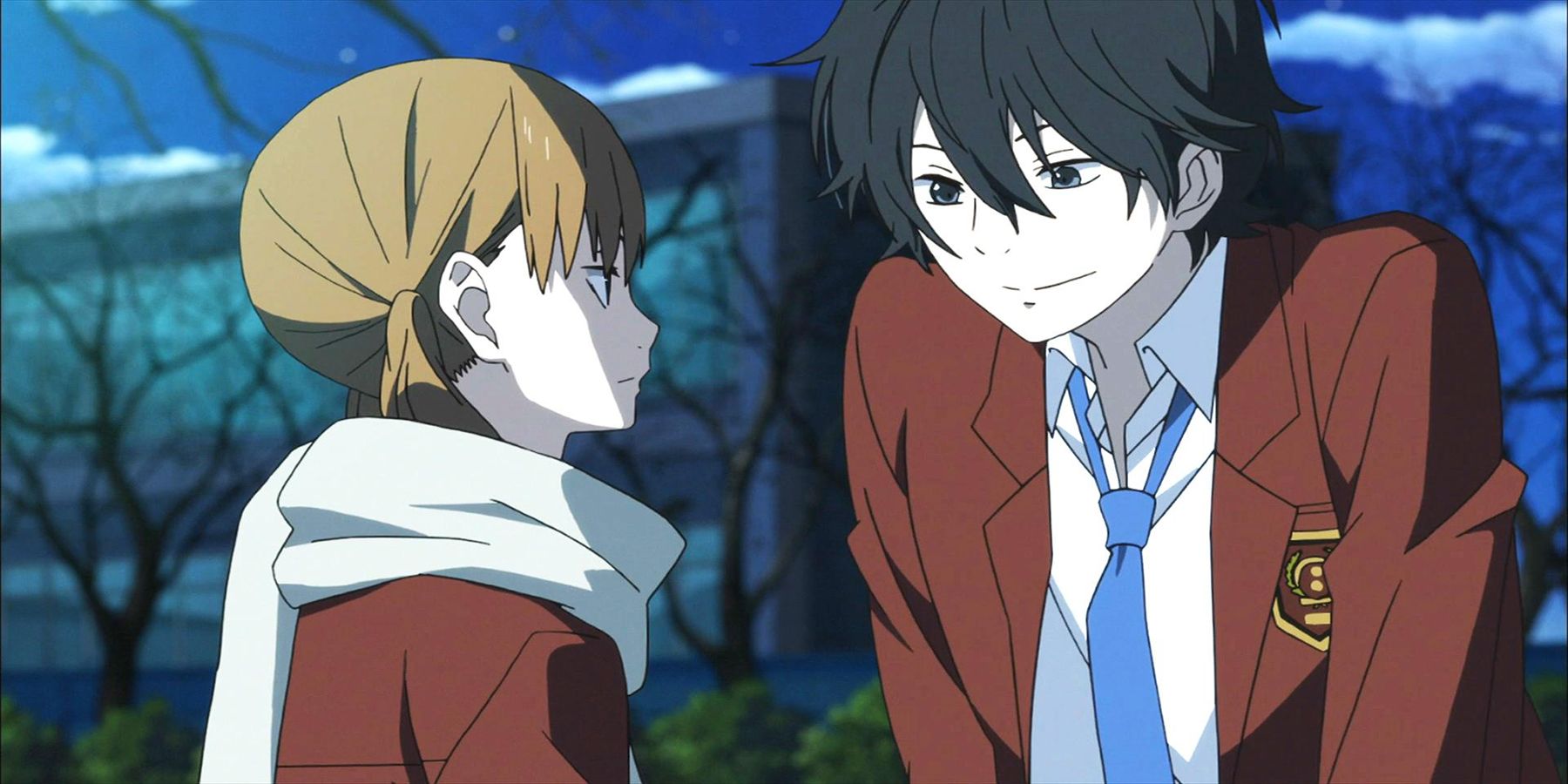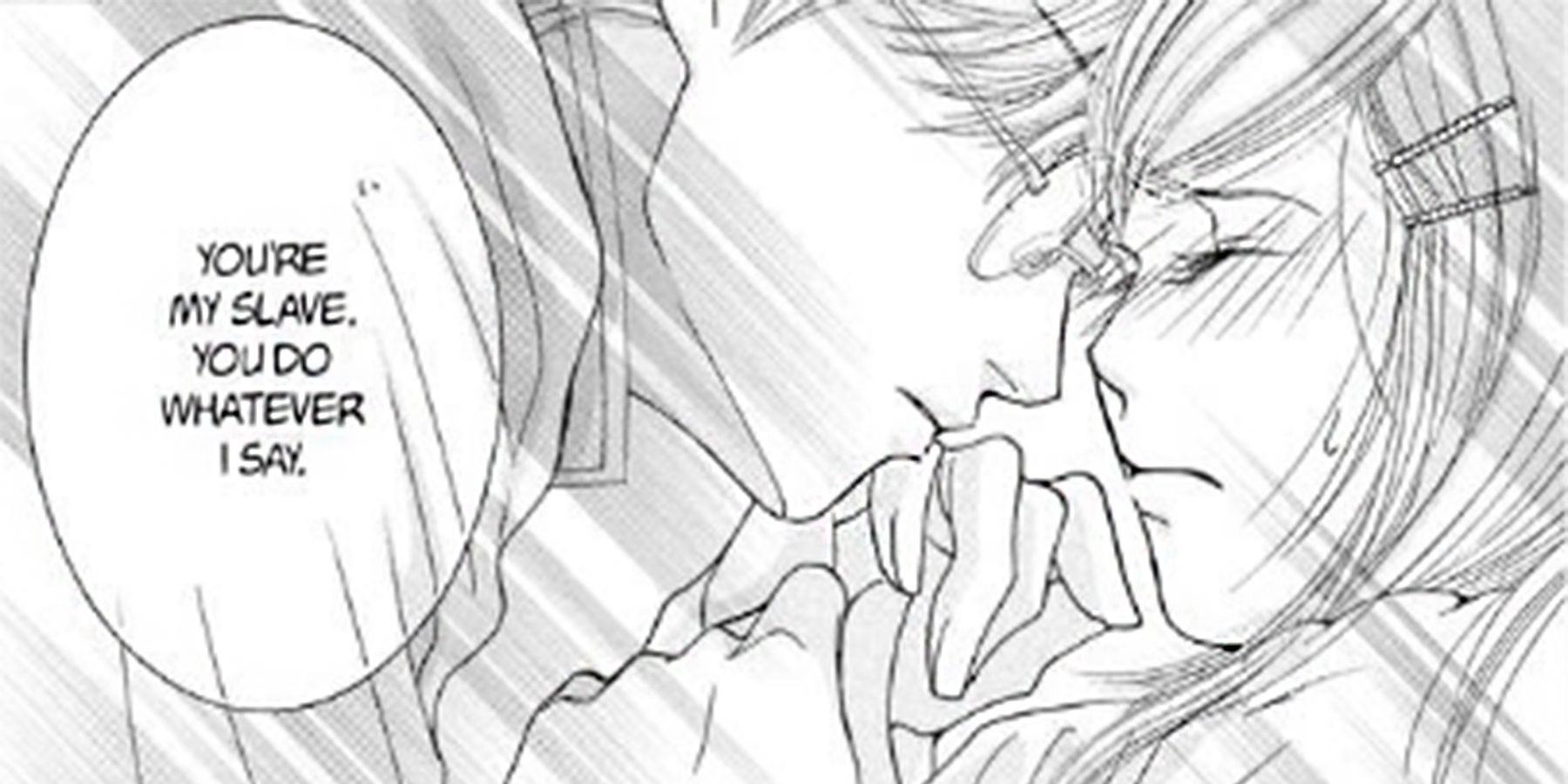Shoujo is a very popular staple in Japanese pop culture, so much so that it's earned its own signature art style. While directed towards girls and young women, there are consistencies in shoujo storytelling that you'll see while reading the manga or watching the anime of its genre.
This can be a good look at generally appeals to its target audience, but intentions don't always translate well into content. For example, many girls fantasize about a strong boy to have their back - but how this fantasy often translates into media, it instead looks like the female lead is helpless and unintelligent, whereas the male love interest has to baby her.
The Damsel In Distress
Let's not make any misunderstandings - no one is invincible, and it's always okay to ask for help. But the average shoujo series uses this trope more than necessary. Yes, life is much easier if you had someone doing all the work for you, and maybe it would be a bit more pleasant if you didn't have to think for yourself, either. Unfortunately, that's a concept better discussed than executed.
Many shoujo franchises make the female lead as idealistic, naive, innocent, and "perfect" as possible. It's meant to appeal to a younger female audience that may see themselves as such, but the "pure-hearted good girl" is just another societal expectation. In fact, this extends well beyond a character with a strong moral compass and straight into idiocy. In Diabolik Lovers, there's a scene in which one of the vampire brothers tells Yui that he's thirsty. Yui knows that she's trapped in a mansion that's made up of exclusively vampires, and there's only one thing they drink - yet she grabs him a cup of coffee; no one would do this. Girls are not all "innocent and untouched", and it's not a bad thing.
While not a shoujo, Himiko's character from BTOOOM! correctly embodies this trope to a more realistic and relatable level. She's young and inexperienced, and having grown up in a standard middle-class family, she doesn't have any combat experience. Additionally, her negative experience with men and sexism has indeed shaped her distrust of those around her, so she certainly isn't an easy target. And while she does often need saving, the circumstances of it all are out of her control.
A grown man much bigger than she is in an environment she's unfamiliar with is going to have the upper hand in combat, however Himiko maintains enough human awareness to recognize danger. When she and Ryouta meet a shady doctor, she's the first to recognize his behavior is off. Most girls can analyze actions and intent at a closer level, and Himiko succeeds in doing just that. Men and women have their own natural strengths and weakness. But a lot of shoujo tend disregard this fact and infantilizes female characters instead. They don't have to be perfect, but let's not forget women have just as much to offer as men do.
The Abusive Playboy
The primary love interests in shoujo are almost always the superficial scumbags. This makes for a very frustrating watch. Not only will they cheat, but also insult the female love interest, and put them in such a place where it becomes her responsibility to "tame" them.
Most girls don't enjoy being around a guy that treats them badly, and despite the stereotype, "girls only want bad boys", that is not actually accurate. If a shoujo wants to make a character that girls can insert themselves into, why do they have to be paired up with the one that mistreats them? Sure, maybe they become "nice" later on, but lest we forget, it's no one's responsibility to fix someone, man or woman.
Wolf Girl and The Black Prince plays this trope straight, when the female lead, Erika pretends to have a boyfriend and chooses the heartthrob of the school to be her pretend lover. Her best friend advises against this and acts as a voice of reason, but she always disregards her advice and instead chooses to hang out in a group of girls with superficial personalities.
Time and time again, Kyoya makes her cry and messes with her feelings - though a handful of times she does stand up to him, but there's little to no consequence for Kyoya's actions, even when Erika does speak her mind. The manga doesn't even treat it like a bad decision on her part, either. The concept of having a pretend boyfriend to fit in is not bad, but Erika deserves so much integrity to her character.
My Little Monster has its flaws, but the romance between the "bad boy", Haru and Shizuku treats both of them with respect. Haru is not inherently a bad person, but he lacks social awareness. Shizuku on the other hand, does not have the time nor patience to deal with someone who's lacking in respect. However, she is willing to lend him a hand and advice when he's in need of it. She's not naive nor sees herself as his "savior", but they manage to learn from each other and develop a mutual respect to where they compliment each other as characters. It gets off to a rocky start, but their relationship develops into something more as the story progresses. In addition to that, the two also form their own group of genuine friends.
The Reality
Unfortunately, some of these ideas are shaped by society and outdated social conventions. Girls from a young age are expected to be the caretakers and be innocent. And so in female-targeted media in general, these assets act as a reflection of those ideals to reinforce tradition.
There remains a strong possibility that this may be the primary reason the shoujo genre is being overshadowed by shounen. In reality, women are capable of the same doings as men - both good and bad.

